Carl Sagan, surveyor of the cosmos, astrophysicist, author, and astronomer would have been 81 years old today. The impact he’s had on how humans view the cosmos is almost as vast as the universe itself.
His message for humanity has never been more relevant.
Take a look:
Carl Sagan’s words about the importance of understanding our place in the universe are powerful. For him, our future depends on two things: how well we understand the stars, and, above all, our ability to combine imagination and skepticism to explore our place in the universe. Astronomer Neil deGrasse Tyson has picked up where Sagan left off, bringing new life to the journey in the Fox series The Cosmos: A Spacetime Odyssey, a follow-up to Sagan’s 1980 series Cosmos: A Personal Voyage.
Dig this: “The cosmos is all that is, or ever was, or ever will be. We long to return, and we can, [...] because the cosmos is within us. We’re made of stardust. We are a way for the cosmos to know itself.” What will you leave behind?





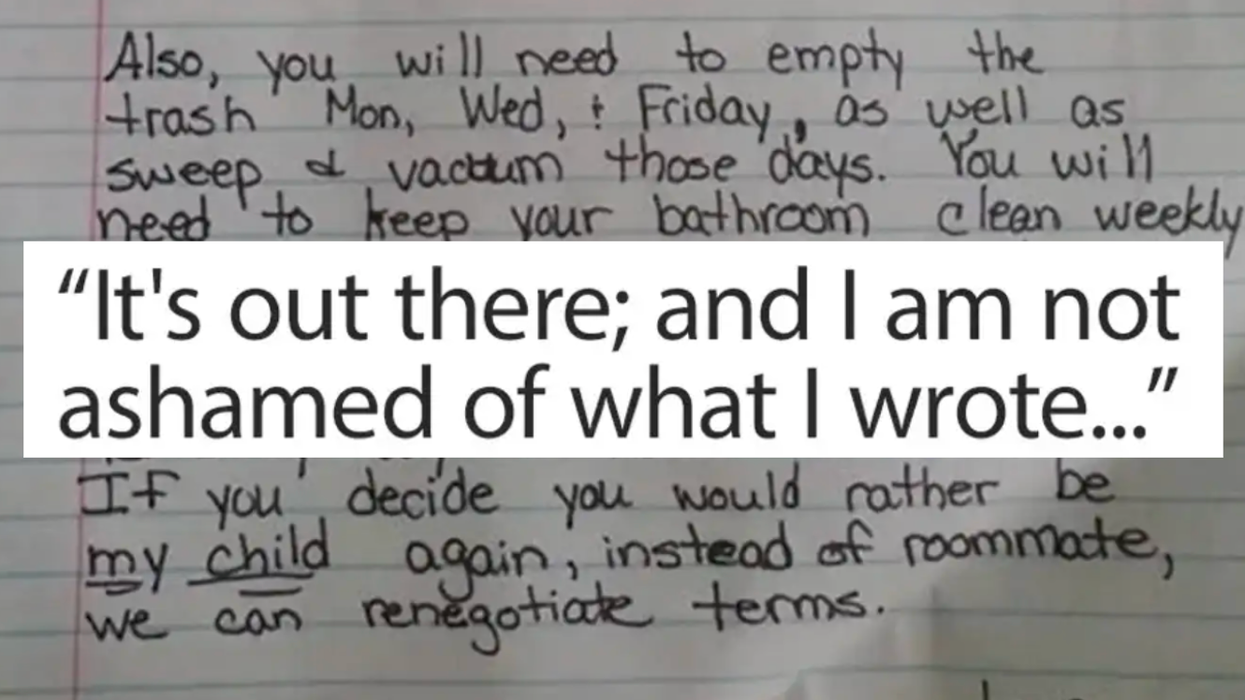
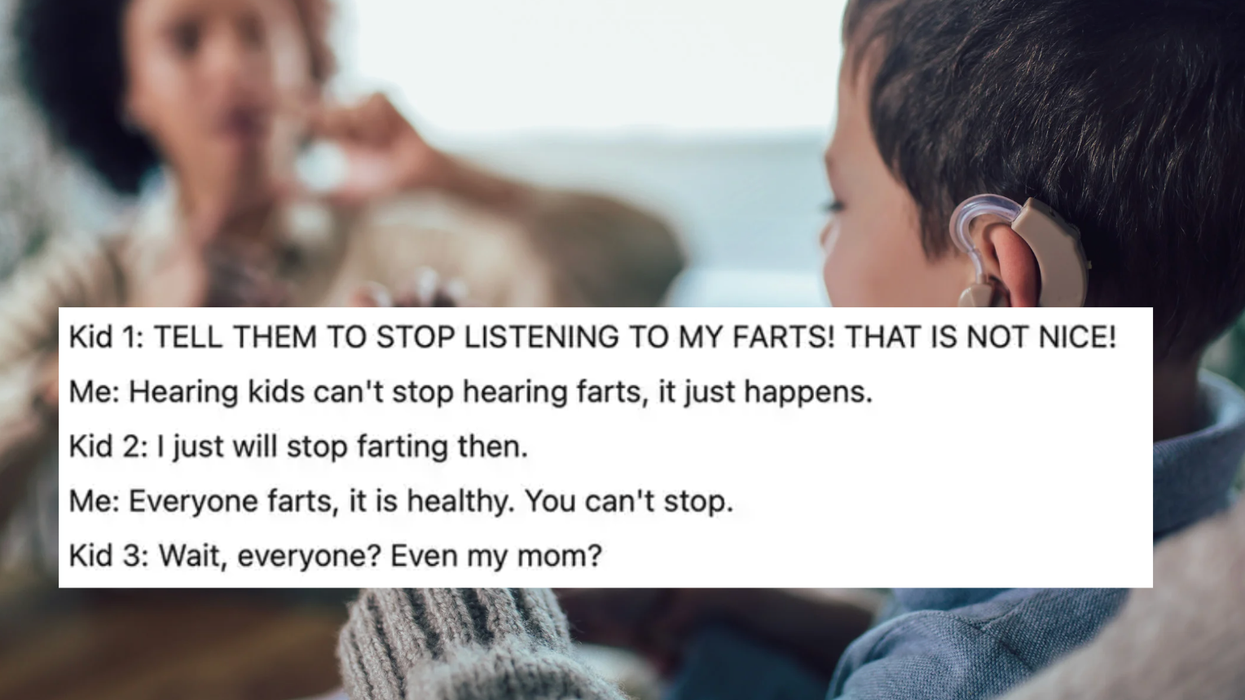

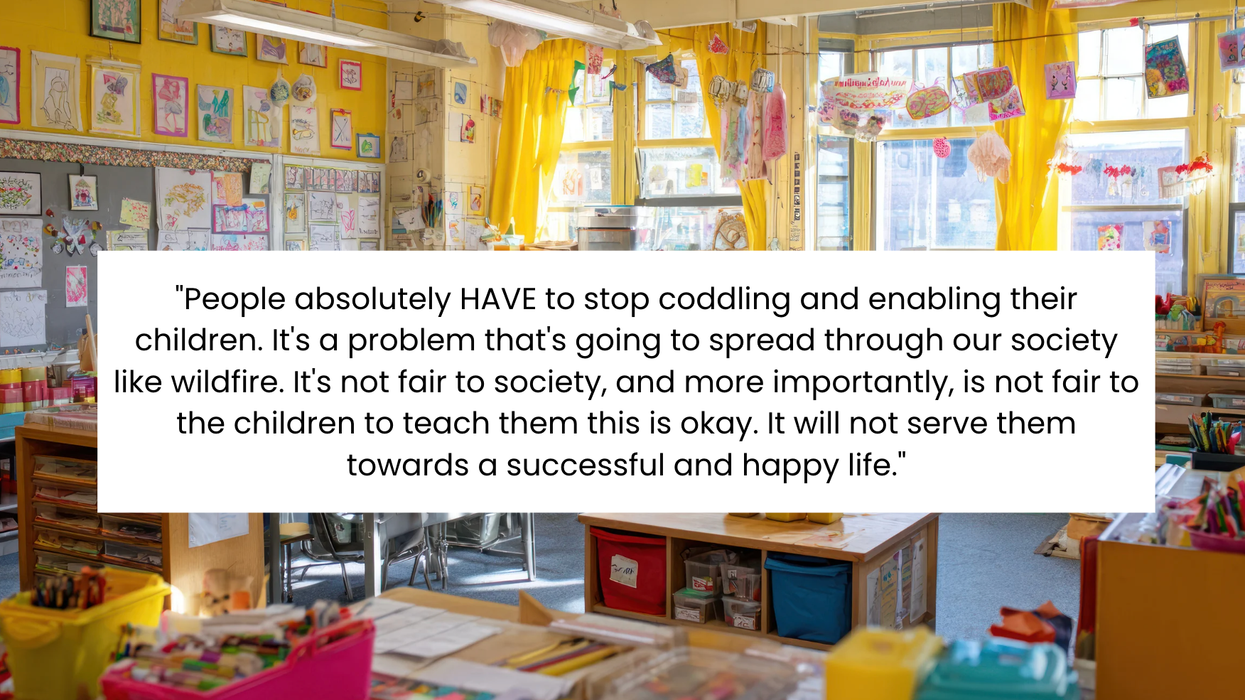







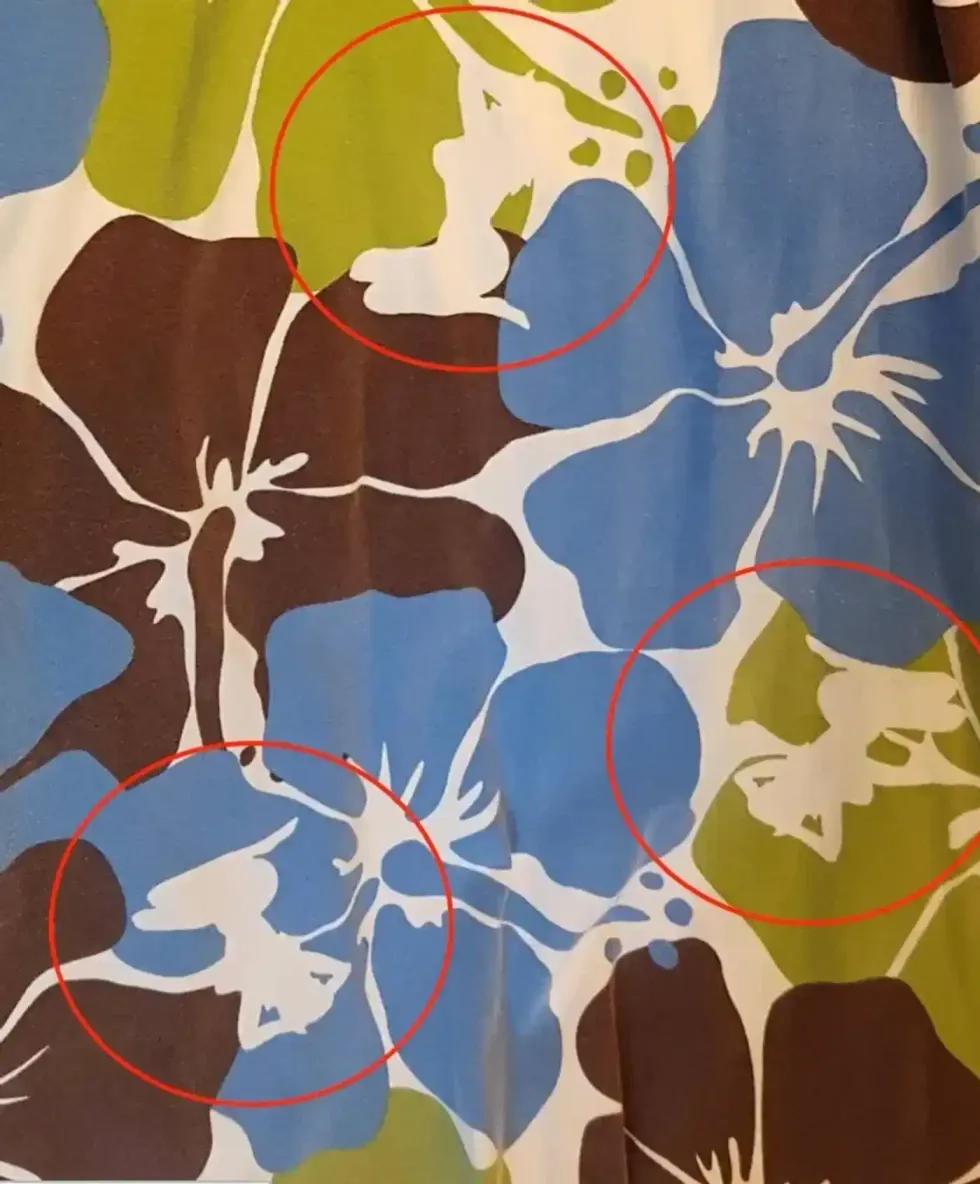 Image of the floral dress with the risque images circled
Image of the floral dress with the risque images circled  Gif of Tim Robinson via
Gif of Tim Robinson via 
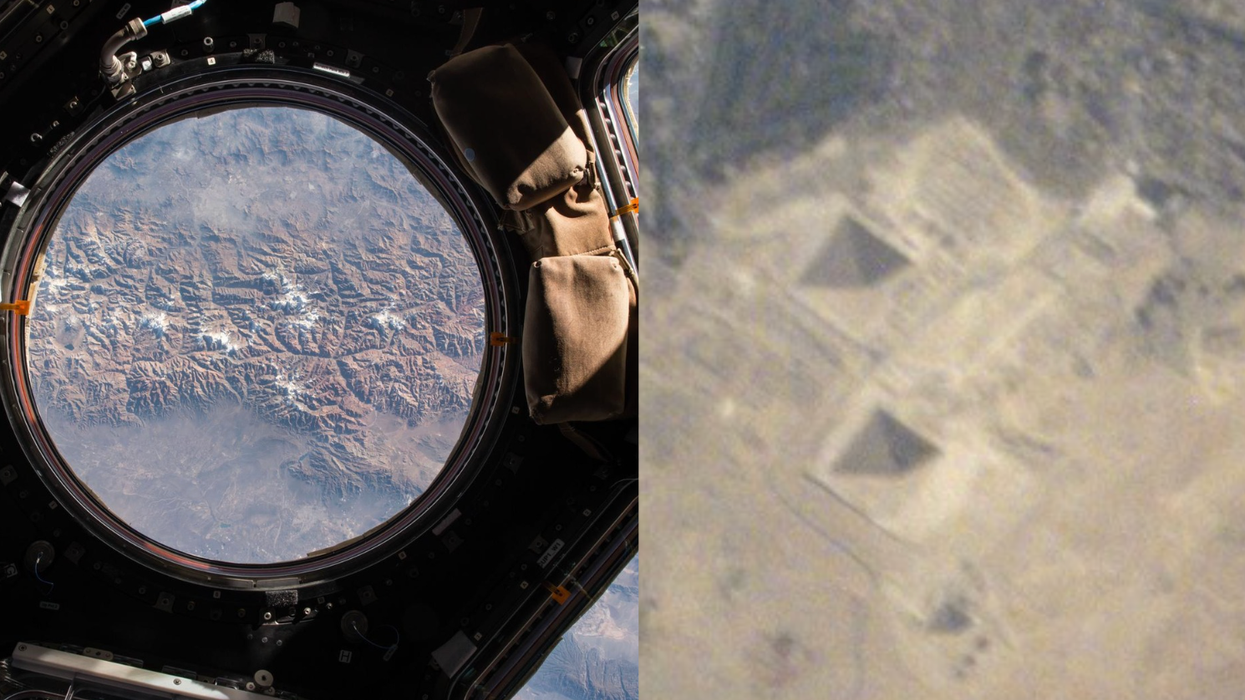

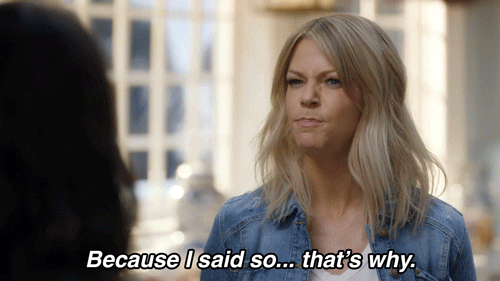 Gif of Kaitlin Olson saying "Because I said so ... that's why" via
Gif of Kaitlin Olson saying "Because I said so ... that's why" via 

 A hand holds several lottery ticketsCanva
A hand holds several lottery ticketsCanva "Simpsons" gif of newscaster winning the lotto via
"Simpsons" gif of newscaster winning the lotto via 

 Kids on their computers.Photo credit:
Kids on their computers.Photo credit:  Young girl holds a drone.Photo credit
Young girl holds a drone.Photo credit  Playing with bubbles.Photo credit:
Playing with bubbles.Photo credit:  Friends on the computer.Photo credit:
Friends on the computer.Photo credit: